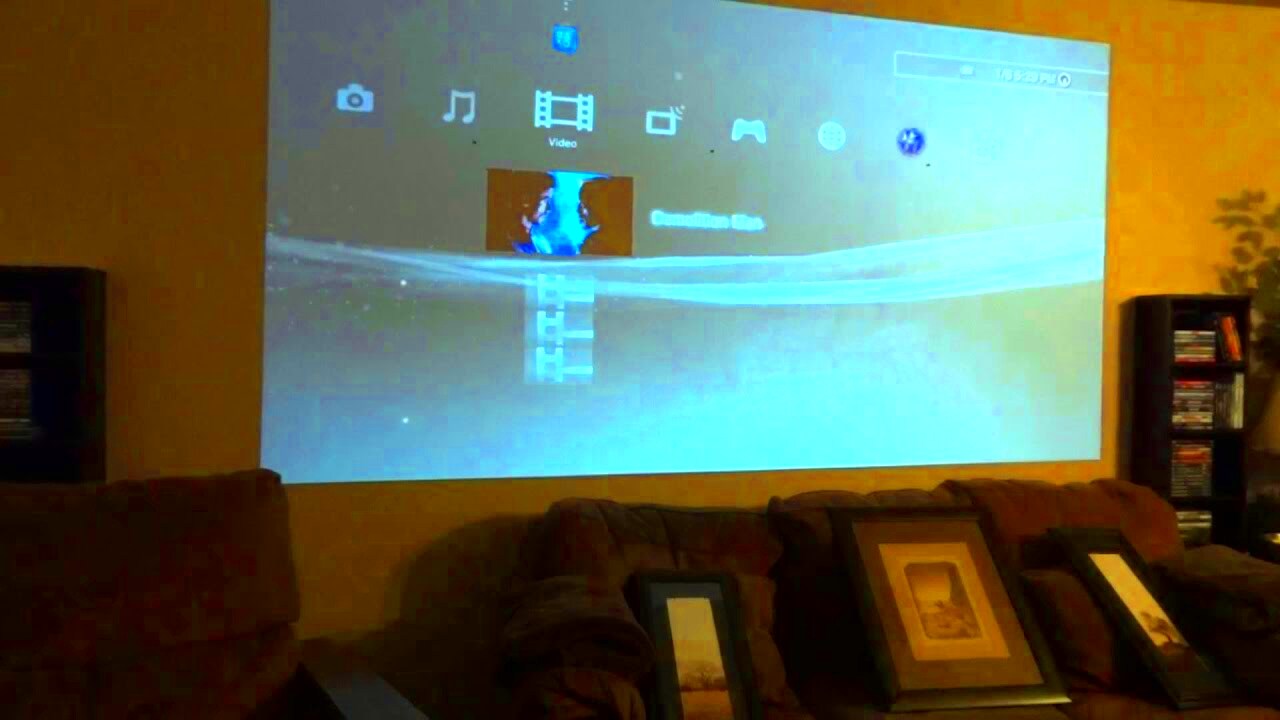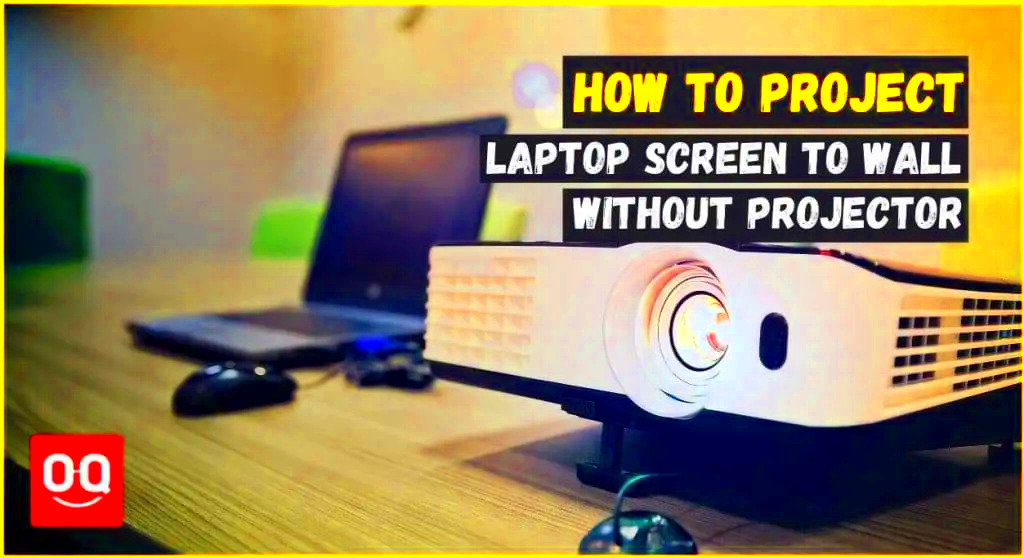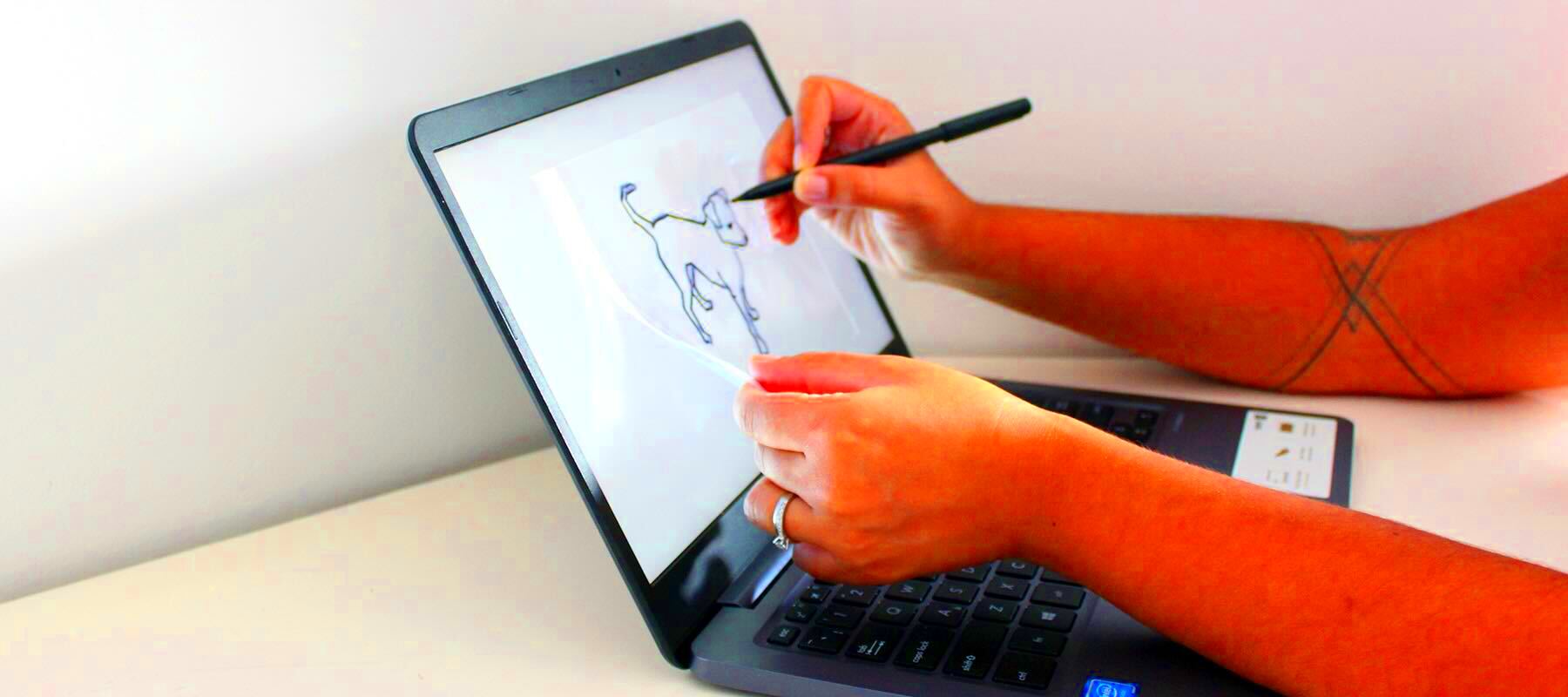Image projection is a fascinating way to share visuals with an audience. It allows you to showcase photos, videos, and presentations in larger formats, making them more engaging. While traditional projectors are popular, there are creative alternatives to project images without needing expensive equipment. In this post, we will explore various methods for projecting images, from using smartphones to everyday household items. Let’s dive into how you can bring your
Using a Smartphone to Project Images

Your smartphone is a powerful tool that can easily project images. Here’s how you can do it:
- Smartphone Projectors: You can purchase portable smartphone projectors that are compact and easy to use. Just connect your phone via Bluetooth or HDMI, and you’re ready to go.
- DIY Smartphone Projector: If you're looking for a budget-friendly option, make a DIY projector. You will need:
| Materials | Purpose |
|---|---|
| Cardboard box | Forms the body of the projector |
| Magnifying glass | Acts as the lens to focus the image |
| Smartphone holder | Holds your phone in place |
Simply cut a hole for the lens, position your phone at the opposite end, and aim it at a blank wall or screen. Adjust the distance to focus the image clearly.
Employing a Computer Screen for Image Display

If you have a computer, it can serve as an excellent way to display images without a projector. Here are some effective methods:
- Screen Sharing: Use screen sharing software to display images from your computer on a larger screen, like a TV or monitor.
- Slideshow Presentations: Create a slideshow with programs like PowerPoint or Google Slides. This is a fantastic way to present images in a structured manner.
- Smart TVs: Many modern TVs allow you to cast images directly from your computer. Just ensure both devices are connected to the same Wi-Fi network.
Using these methods not only enhances your visuals but also makes your presentations more interactive and fun!
Utilizing Mirrors for Image Projection
Using mirrors to project images is a clever and fun way to display visuals without a projector. Mirrors can reflect light in a way that enhances the clarity and size of your images. Here’s how you can utilize mirrors for this purpose:
- Simple Reflection: Position a mirror at an angle to reflect an image from your smartphone or tablet screen onto a wall. Make sure the light source is strong enough for visibility.
- Two-Mirror Setup: For a more advanced projection, use two mirrors. Place one mirror at a 45-degree angle to reflect the image towards a second mirror, which then reflects the image onto your wall.
Here are some tips for effective mirror projection:
- Choose a bright and clear image for the best results.
- Experiment with angles to find the optimal position for clarity.
- Make sure the projection surface is smooth and light-colored to enhance the image quality.
By playing around with mirrors, you can create interesting projections that add a unique touch to any presentation or display.
Making a DIY Projector with Everyday Items
Creating a DIY projector can be an exciting project, and it often involves items you already have at home. Here’s a step-by-step guide on how to make one:
- Gather Your Materials: You will need:
| Item | Purpose |
|---|---|
| Cardboard box | Forms the body of the projector |
| Magnifying glass | Focuses the image |
| Smartphone or tablet | Source of the images |
| Tape or glue | Assemble the projector |
- Prepare the Box: Cut a hole in one end of the box to fit the magnifying glass.
- Secure the Lens: Attach the magnifying glass to the hole you made.
- Insert Your Device: Place your smartphone or tablet at the other end of the box, making sure the screen faces the lens.
- Find the Right Spot: Adjust the distance from the wall to focus the image clearly.
This DIY projector is not only a fun project but also a great way to engage with friends and family. You can use it for movie nights or to display your favorite images.
Benefits of Non-Traditional Image Projection Methods
Exploring non-traditional methods for projecting images can be both practical and enjoyable. Here are some benefits to consider:
- Cost-Effective: Many alternative methods, like using mirrors or DIY projectors, require minimal investment compared to traditional projectors.
- Creative Freedom: Using everyday items sparks creativity. You can customize your projection method based on what you have available.
- Portability: Lightweight and compact setups, like smartphone projectors, are easy to carry, making them great for travel or outdoor use.
- Accessibility: Almost everyone has a smartphone or a computer, making it easy to create engaging presentations anywhere.
Non-traditional projection methods offer unique ways to engage your audience while saving money and encouraging creativity. Embracing these alternatives can lead to exciting and memorable experiences.
Limitations of Projecting Images Without a Projector
While projecting images without a traditional projector can be creative and cost-effective, there are some limitations to consider. Understanding these drawbacks can help you manage expectations and find solutions for better presentations. Here are the main limitations:
- Image Quality: Non-traditional methods often result in lower image clarity and brightness compared to a dedicated projector. Ambient light can wash out the image, making it hard to see.
- Size Limitations: DIY projectors or mirror setups may not project very large images, which can restrict visibility in larger spaces.
- Setup Complexity: Some methods, like using mirrors or building a DIY projector, can be complex and may require adjustments to get the image right.
- Limited Functionality: Traditional projectors often come with features like zoom, focus, and built-in sound, which may be lacking in non-traditional methods.
Despite these limitations, non-traditional image projection can still be fun and useful in many situations, especially for small gatherings or personal use. Being aware of these challenges can help you choose the best method for your needs.
Frequently Asked Questions
As you explore the world of image projection without a traditional projector, you might have some questions. Here are some commonly asked questions and their answers:
- Can I use any type of mirror for projection? Yes, but a flat mirror is best for clear reflections. Experimenting with different angles can yield interesting results.
- Do I need special apps for smartphone projection? While not necessary, some apps can enhance the projection experience by allowing you to adjust settings like brightness and contrast.
- Is it possible to project images outdoors? Yes, but ensure you choose a dark area and a strong light source for better visibility. Early evenings are often ideal.
- What is the best surface for projection? A smooth, light-colored wall or screen works best, as it reflects light effectively and enhances image clarity.
These FAQs should help clear up any confusion and make your image projection experience more enjoyable!
Conclusion
Projecting images without a traditional projector opens up a world of creative possibilities. From using smartphones and computers to employing mirrors or DIY projectors, there are many fun and cost-effective methods available. While there are some limitations, understanding them allows you to adapt your approach for the best results. Embrace the challenge of exploring alternative projection methods, and you may find new ways to engage your audience. Whether for a casual gathering or a more formal presentation, these techniques can enhance your visual storytelling. So gather your materials, get creative, and start projecting your images in exciting new ways!

 admin
admin








